Number Recognition Building Vocabulary Worksheets for Ages 6-9
28 filtered results
-
From - To
Enhance your child's learning with our "Number Recognition Building Vocabulary Worksheets" designed for ages 6-9! These engaging worksheets promote essential skills in number recognition while expanding vocabulary. Students will enjoy a variety of fun activities that reinforce their understanding of numbers through word association, counting exercises, and exercise prompts. Each worksheet is tailored to encourage creativity and critical thinking, making math and vocabulary fun and memorable. Perfect for early learners in the classroom or for home study, our resources support a solid foundation in math and literacy skills. Dive into the world of numbers while building vocabulary today!
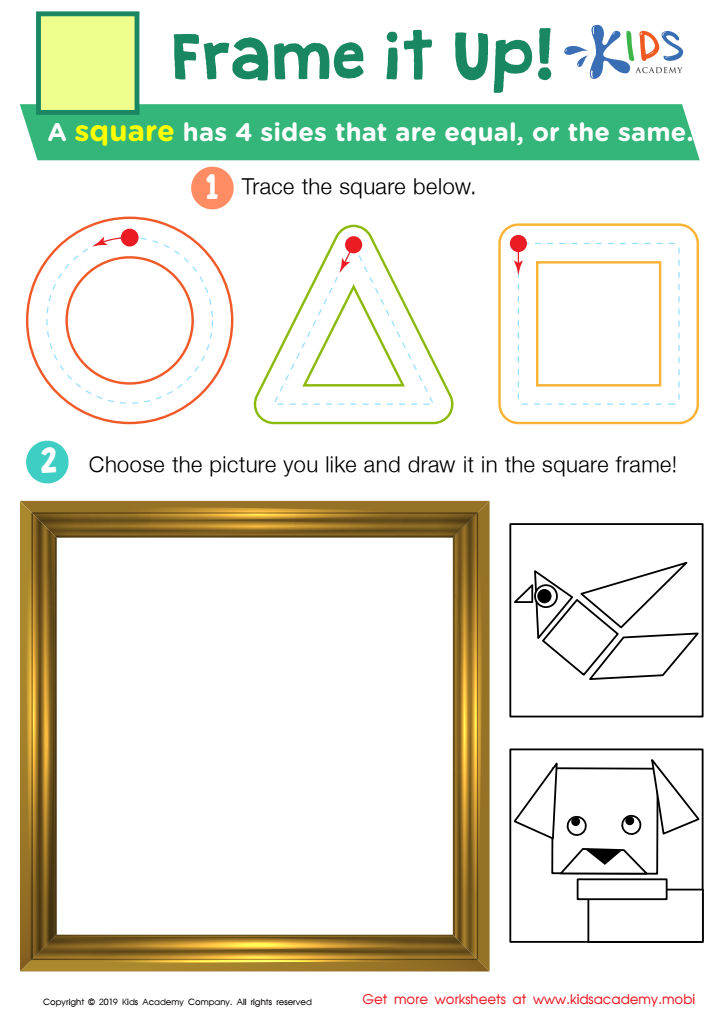

Frame it Up Worksheet


Fish Worksheet
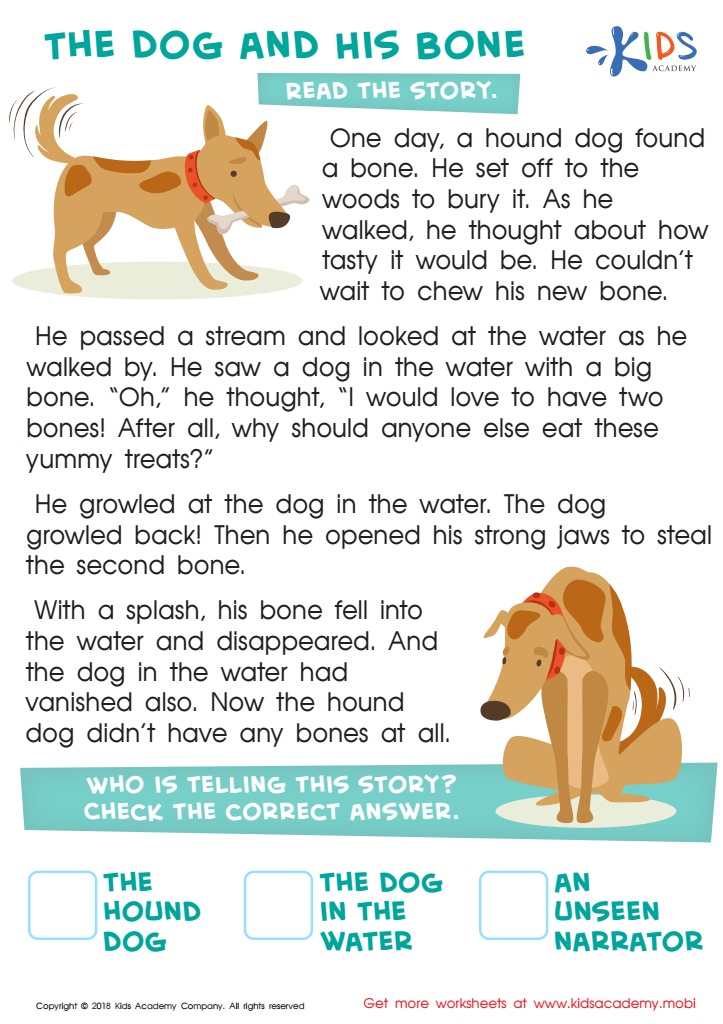

The Dog and His Bone Worksheet


More Octopus Facts Worksheet
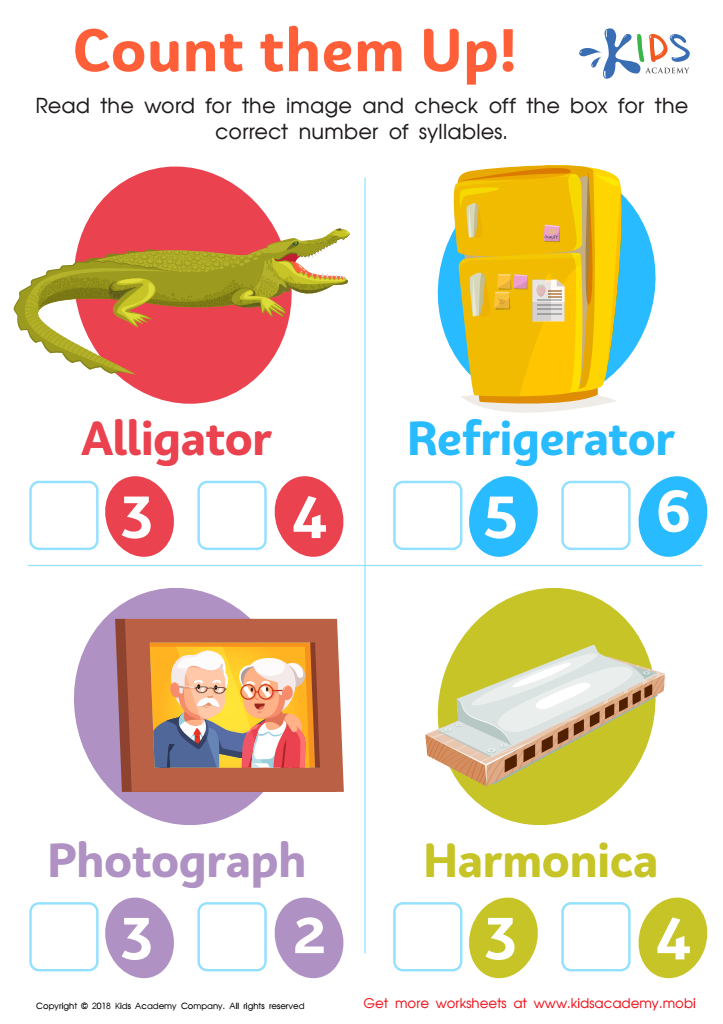

Count Them Up Worksheet
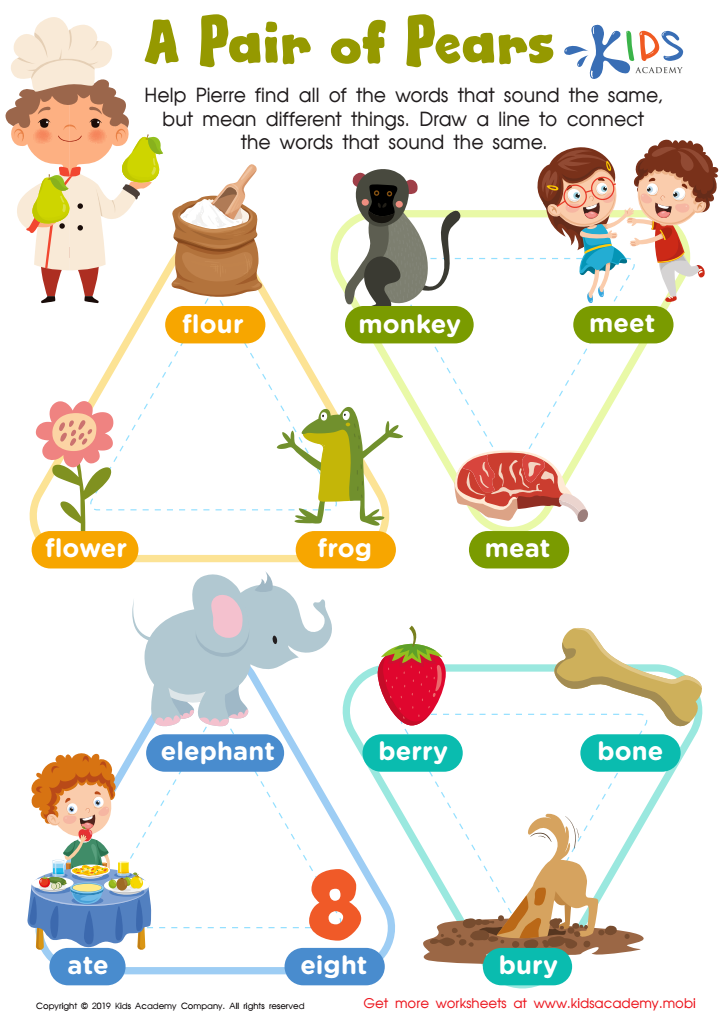

Pair Pears Worksheet
Number recognition and vocabulary building are crucial for children aged 6 to 9, laying the foundation for their academic success. During this developmental stage, children are introduced to essential mathematical concepts, including counting, basic addition and subtraction, which rely on their ability to recognize numbers quickly and accurately. If children struggle with this fundamental skill, their confidence and interest in math can significantly decline, leading to challenges in more complex operations later on.
Moreover, building vocabulary during this age not only enhances reading and writing skills but also supports mathematical understanding. A strong vocabulary allows children to better comprehend word problems, articulate their thought processes, and engage in discussions about math concepts. This synergy between number recognition and vocabulary promotes critical thinking and problem-solving abilities.
Parents and teachers play a vital role in fostering these skills through engaging activities, such as games, storytelling, and real-life applications. Creating a supportive environment where counting, number recognition, and complex vocabulary are encouraged increases children's likelihood of developing a positive attitude towards learning, enhancing their cognitive growth. Ultimately, prioritizing number recognition and vocabulary building contributes significantly to equip children with the skills they need for future success in school and life.
 Assign to My Students
Assign to My Students













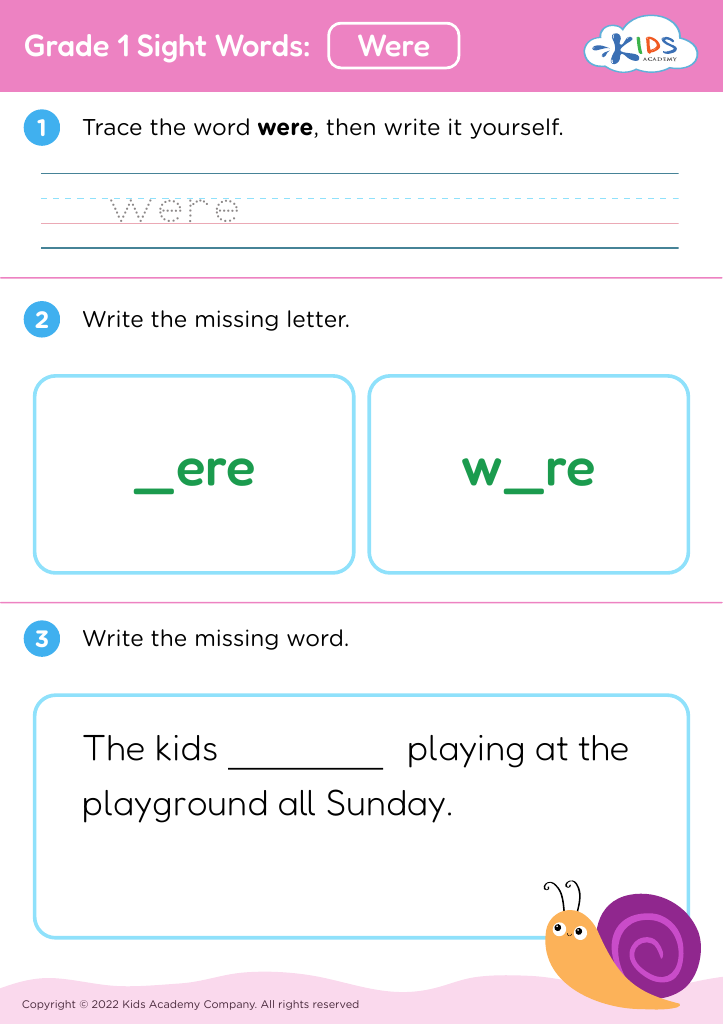
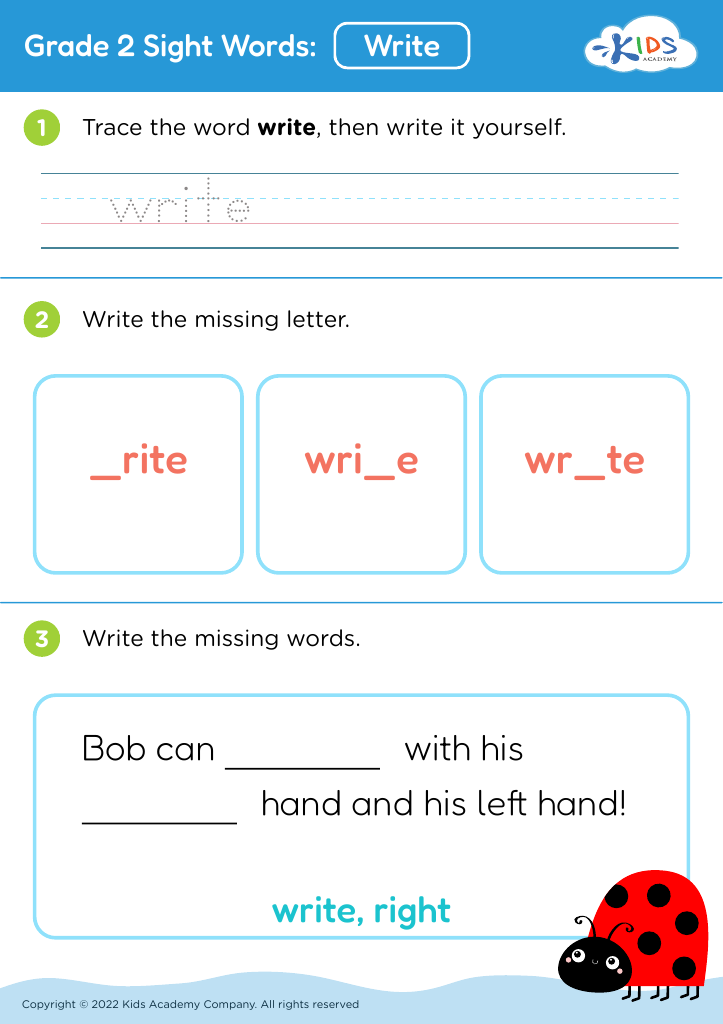
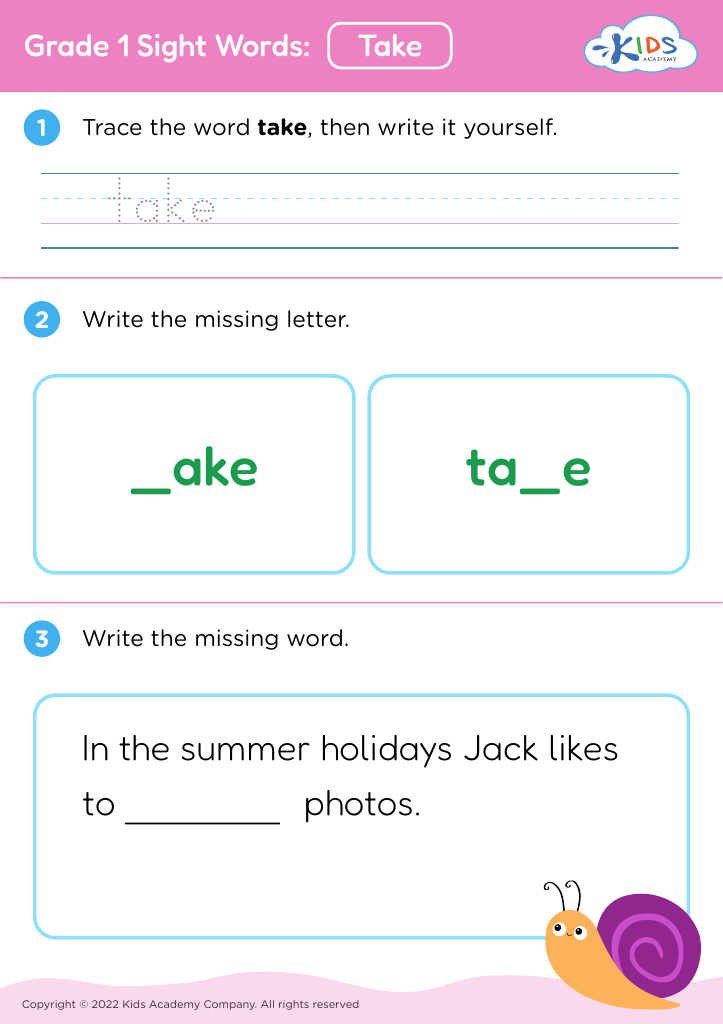
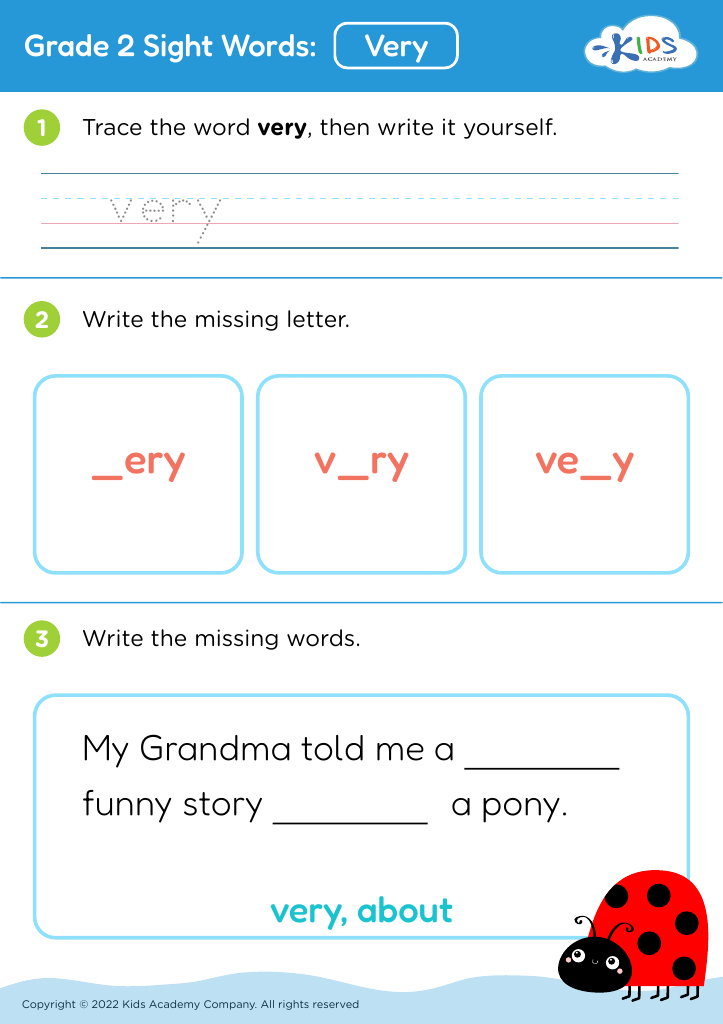

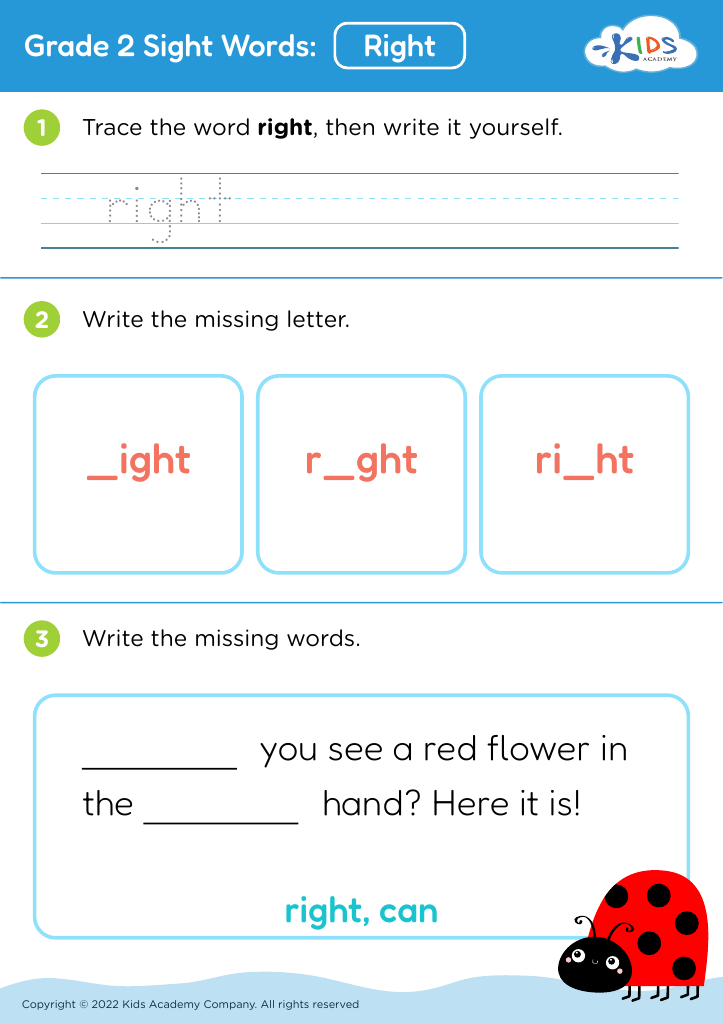
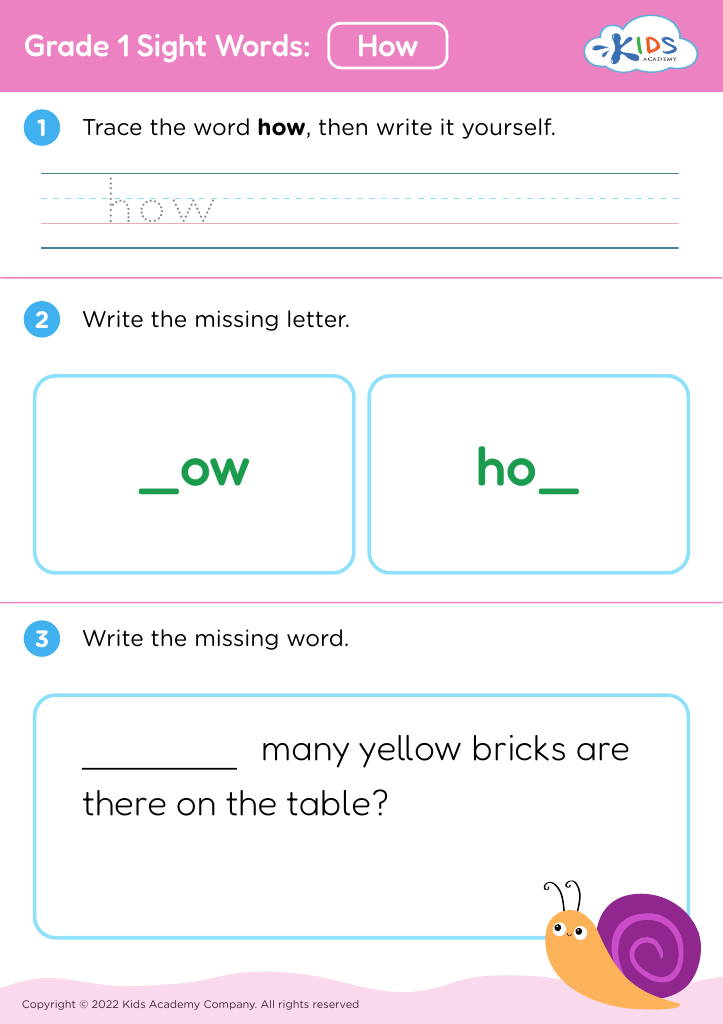
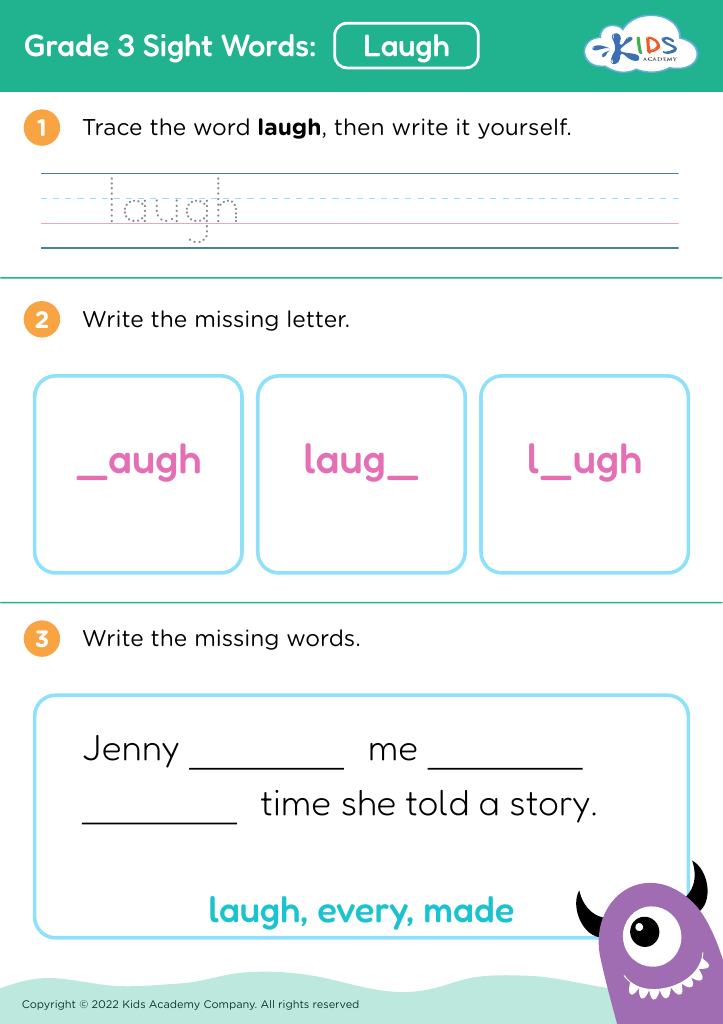

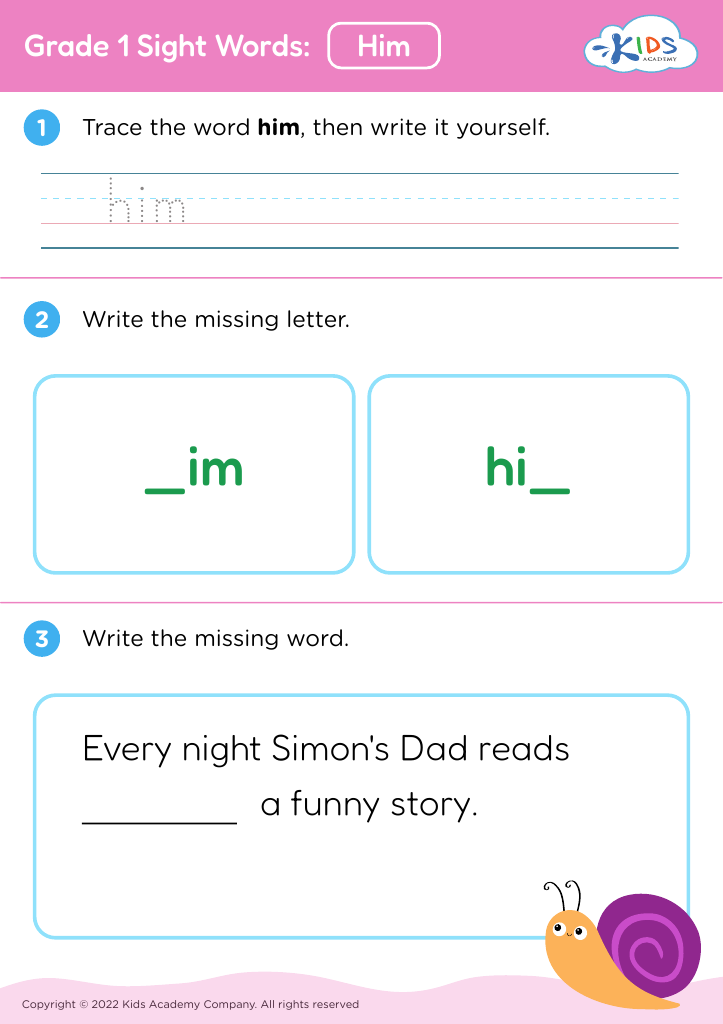
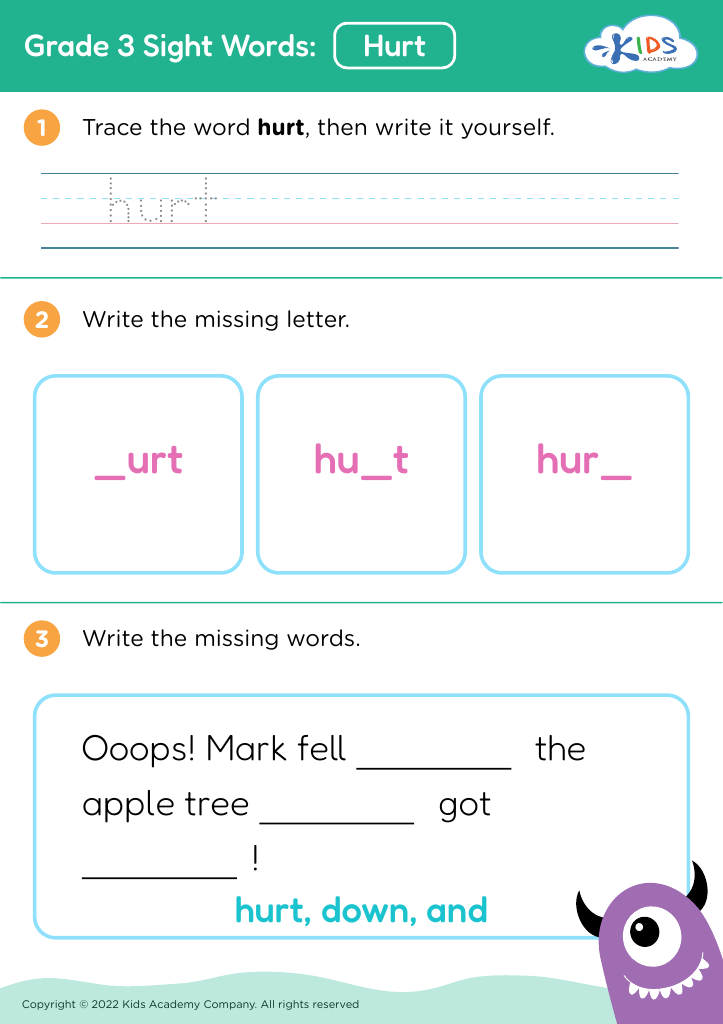

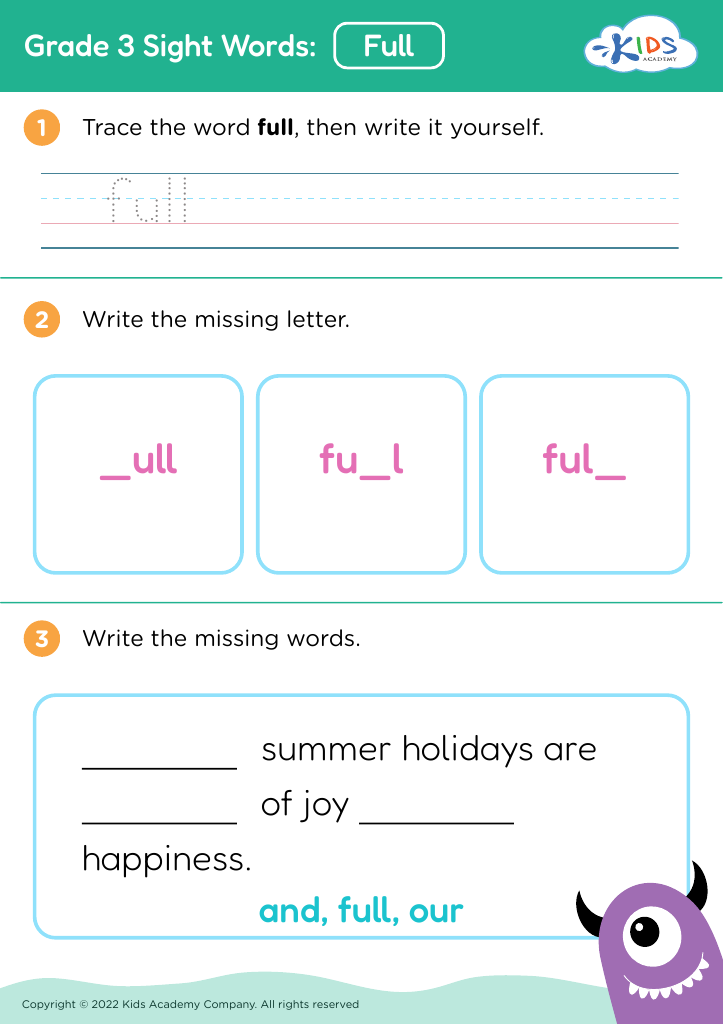
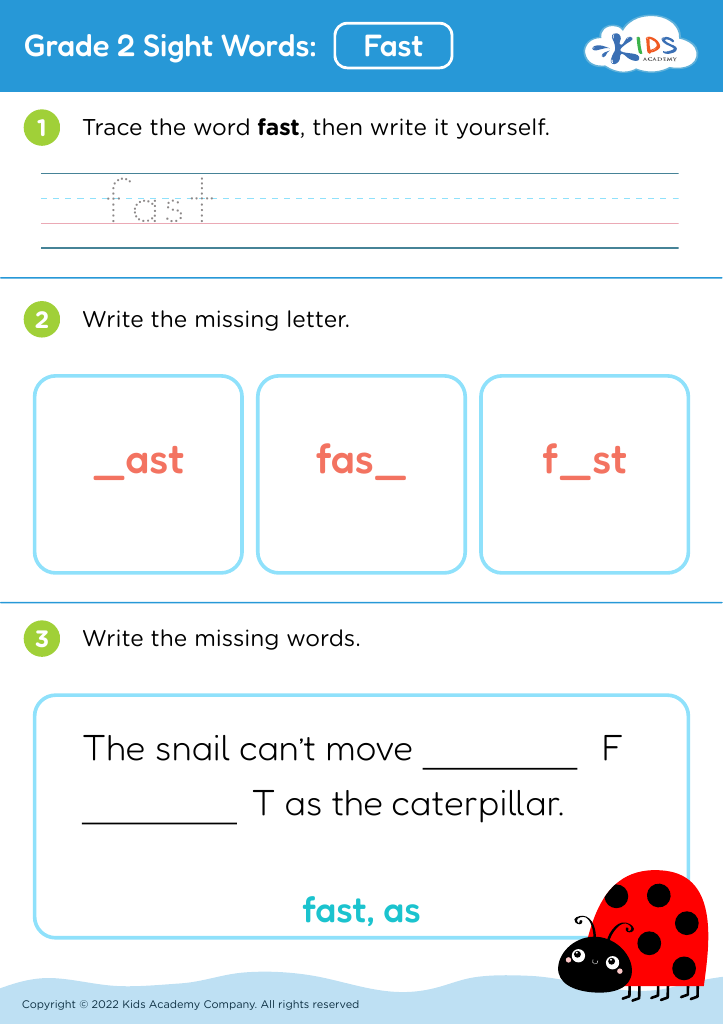


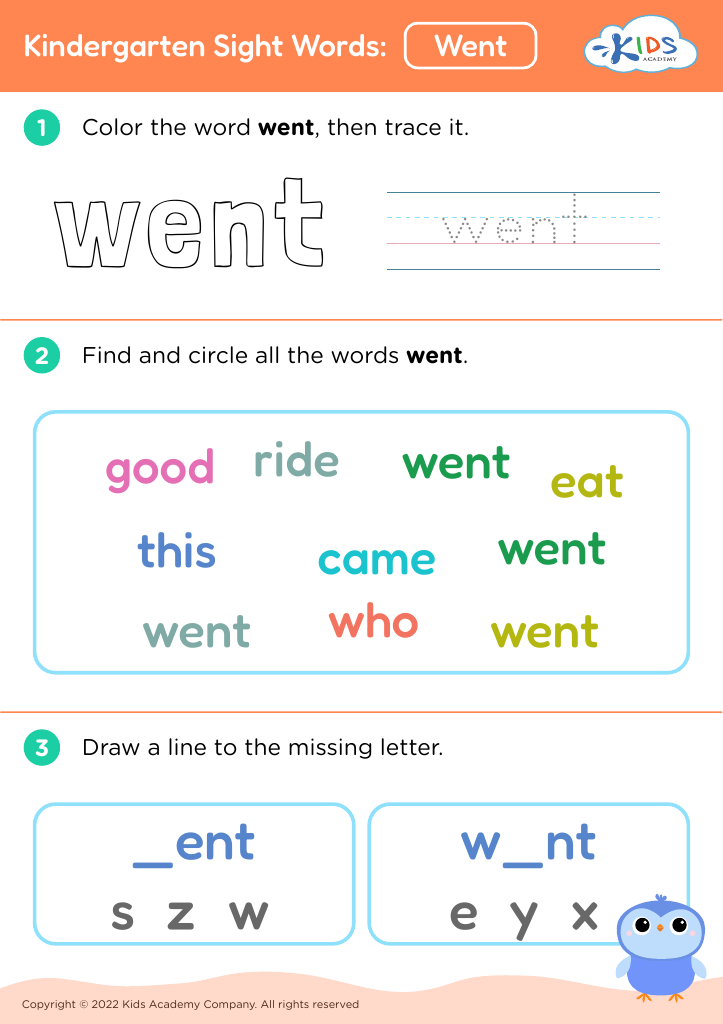
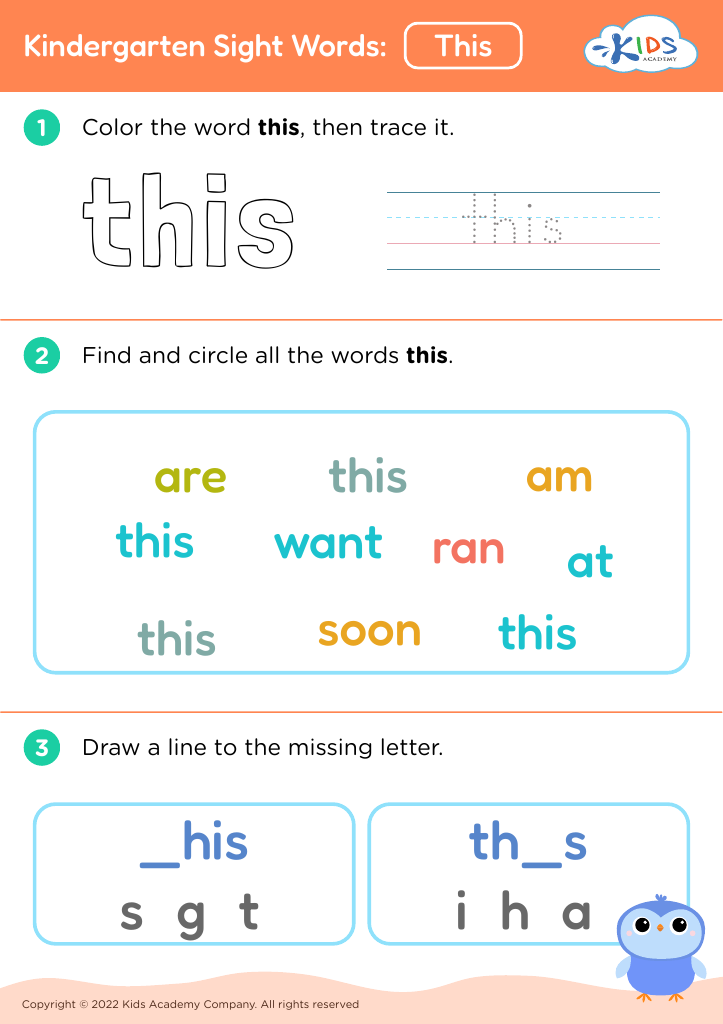





.jpg)













